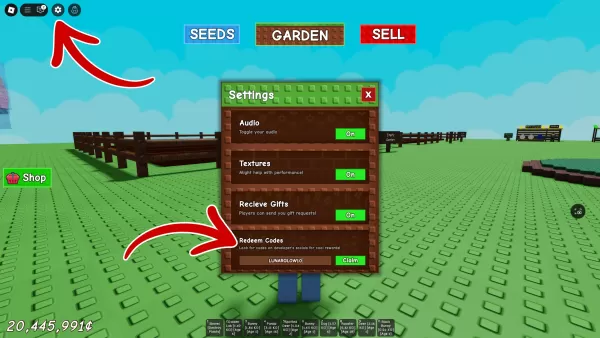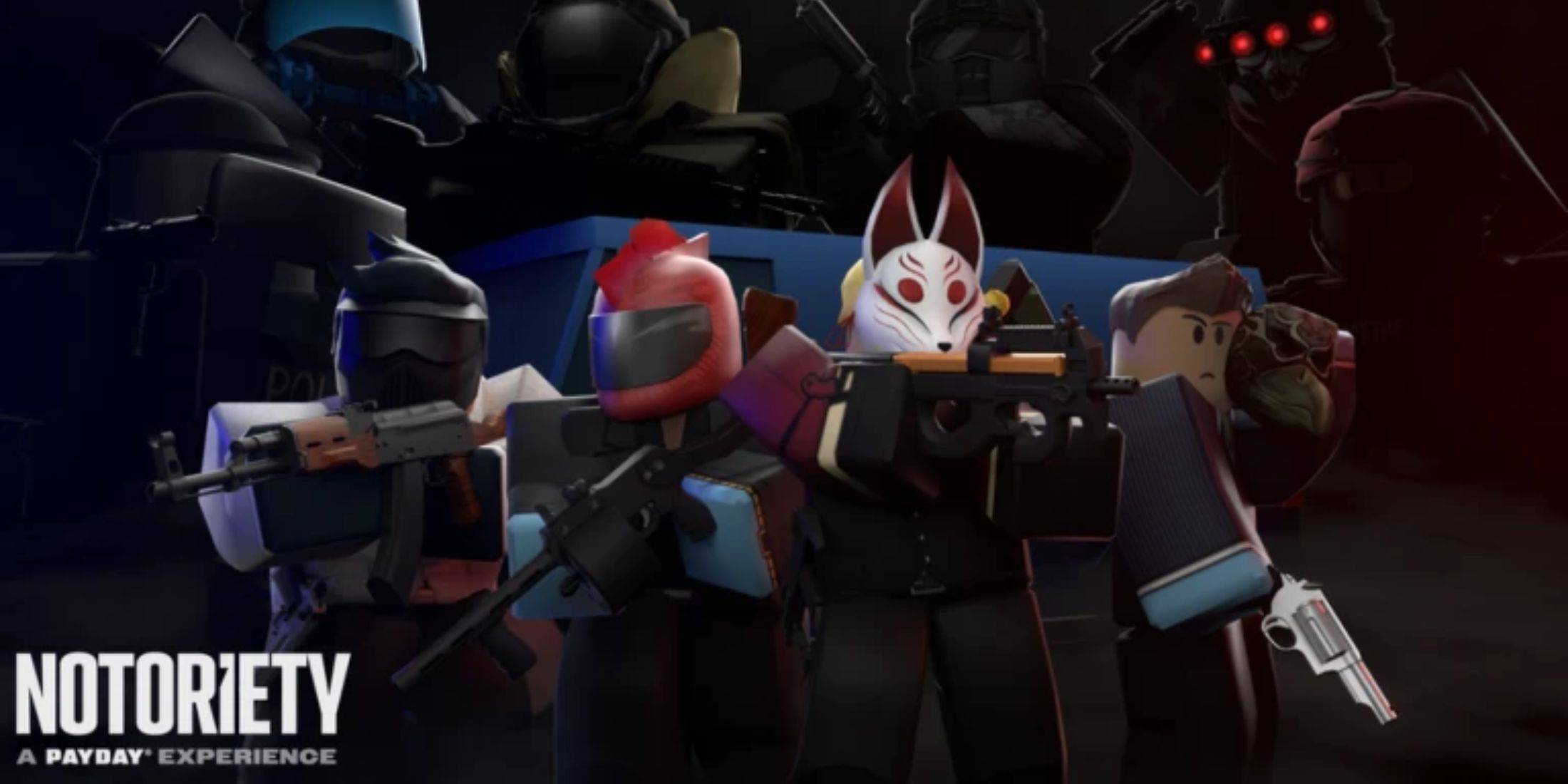Many game developers think the term “AAA” is silly and the industry is inefficient

The "AAA" label in game development is losing its relevance, according to many developers. Initially signifying massive budgets, high quality, and low risk, it's now associated with profit-driven competition that often sacrifices innovation and quality.
Charles Cecil, Revolution Studios co-founder, calls the term "silly and meaningless," a relic of a time when increased publisher investment didn't translate to improved games. Ubisoft's Skull and Bones, initially touted as a "AAAA" title, exemplifies this, ultimately failing despite a decade-long development.
Criticism extends to major publishers like EA, accused by players and developers of prioritizing mass production over player engagement. Conversely, indie studios frequently produce games with greater impact than many "AAA" titles. Baldur's Gate 3 and Stardew Valley highlight the primacy of creativity and quality over sheer budget.
The prevailing belief is that a profit-first mentality stifles creativity. Developers are hesitant to take risks, resulting in a decline in innovation within big-budget games. The industry needs a paradigm shift to recapture player enthusiasm and attract new talent.
-
The world of Pokémon Trading Card Game Pocket is about to get a dose of otherworldly energy. The new Extradimensional Crisis booster pack arrives soon, introducing the enigmatic Ultra Beasts and expanding the game's mysterious frontiers.What’s InsideAuthor : Aaron Mar 05,2026
-
Digimon Invades Crystal of Atlan in Epic Crossover EventThe digital monsters are breaking into new territory as they arrive in Crystal of Atlan's fantasy world. Players can recruit powerful Digimon companions and mounts to combat the dimensional threAuthor : Layla Mar 04,2026
- Black Ops 6 Zombies: How To Configure The Summoning Circle Rings on Citadelle Des Morts
- Roblox: Latest DOORS Codes Released!
- Harvest Moon: Lost Valley DLC and Preorder Details Revealed
- Silent Hill 2 Remake Coming to Xbox and Switch in 2025
- Roblox: Blox Fruits Codes (January 2025)
- Roblox: Freeze for UGC Codes (January 2025)

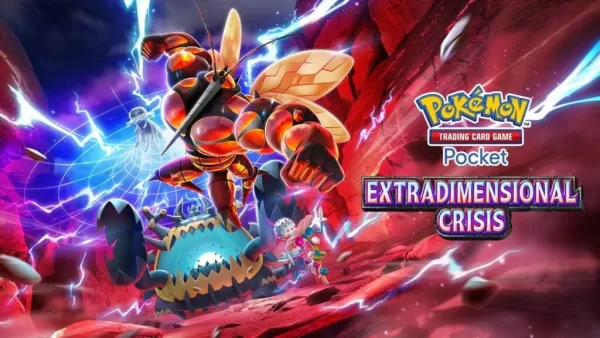











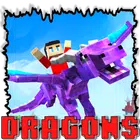
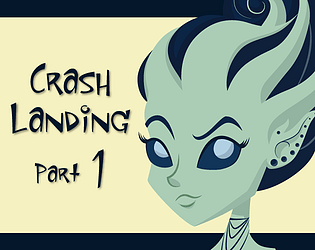



![Taffy Tales [v1.07.3a]](https://imgs.ehr99.com/uploads/32/1719554710667e529623764.jpg)



